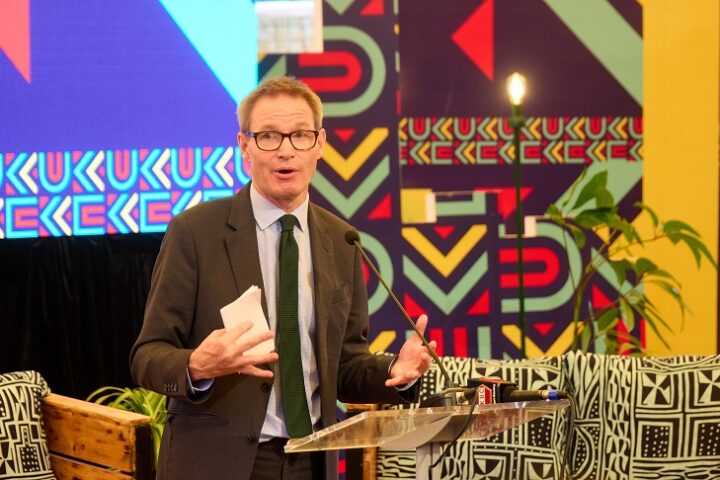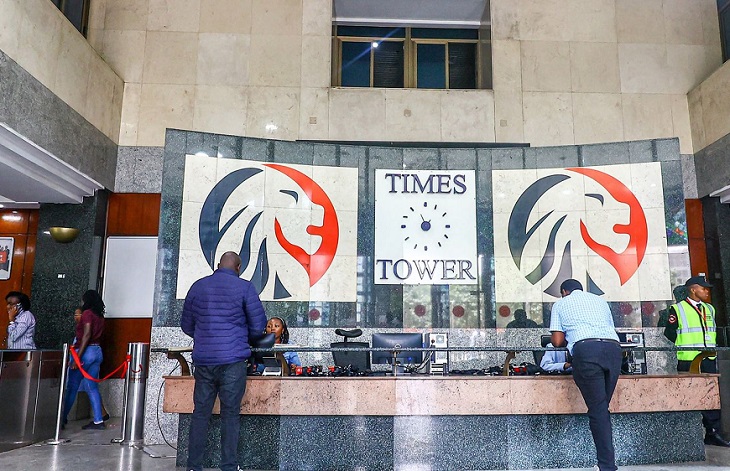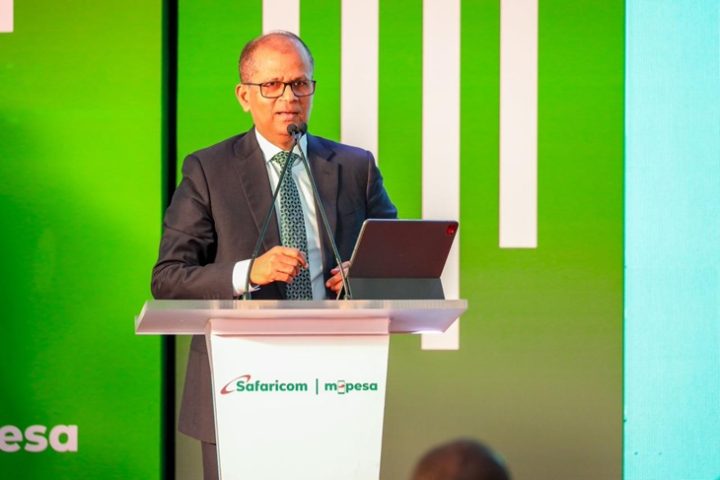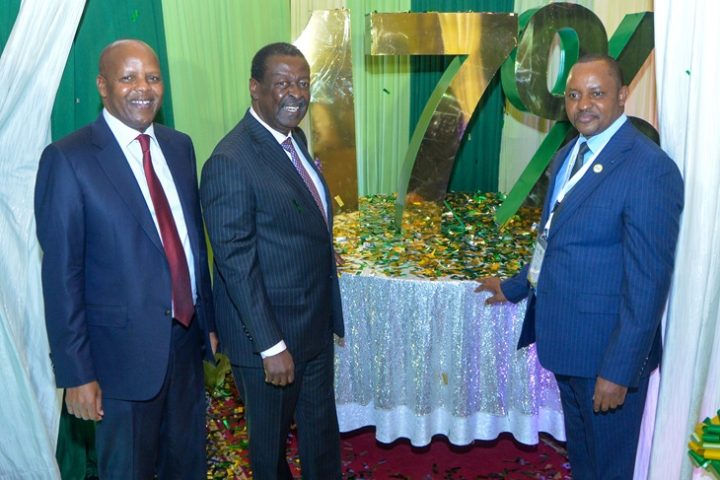Notwithstanding recent market volatility, institutional investors have been positive on Africa. Speaking at The Network Forum’s (TNF) Africa Meeting, Hari Chaitanya, Head of Investor Services, Africa at Standard Bank Corporate and Investment Banking (CIB), looks at the investor dynamics in the region and how market reforms have acted as a catalyst for inbound capital flows.
Investors are repositioning their portfolios towards Africa.
Hungry for yield and better risk diversification, institutions are doubling down on their Africa exposures. This is a trend that has been facilitated by the region’s growing index inclusion, diminished concerns about market risk and eased foreign exchange (FX) headwinds.
Previously, fears about FX repatriation – or lack thereof had been a major stumbling block for investors when accessing certain African markets, most notably Nigeria.
In Nigeria, there was a four-year backlog whereby it was challenging for global investors to repatriate FX. However, over the last few years, Nigeria’s government and the Central Bank have addressed the issue, so repatriation is no longer the problem it once was for global investors.
As macroeconomic drivers improved, so too did investor flows.
According to World to Africa survey study by The Value Exchange, in partnership with Standard Bank, 50% of institutions plan to grow their Africa allocations over the next two years, with mid-sized asset managers and asset owners leading the charge.
The biggest shift is happening in North America, where 67% of allocators said they intend to invest in the continent, a three-fold increase since 2022.
In addition, investors from the Middle East, particularly development organizations, are zeroing in on Africa as an investment destination of choice. This comes as 72% of Middle East institutions told The Value Exchange’s study that they have portfolio holdings in the region. Cross-border investment within Africa is also picking up the pace.
“Due to the limited domestic investment opportunities, we are seeing a growing number of African pension funds looking outside of their home markets, which is fuelling growth across the region,” adds Chaitanya.
Foreign investors are diversifying beyond the top tier African economies, i.e. South Africa, Nigeria, Kenya, and incorporating a more diverse range of markets into their portfolios.
Related Content: Top 10 Investment Opportunities In Bungoma County
“We are starting to see allocators ramp up their exposures to other countries within East Africa and also Ghana,” says Chaitanya.
Positive reforms expedite inward flows.
Ease of market access and the region’s ambitious reform zeal have helped raise Africa’s profile amongst foreign investors.
Although there are still a few lingering barriers to entry, accessing local markets is largely frictionless for investors.
“Relative to many other beneficial ownership markets, i.e., China, India, Korea, etc, opening up accounts in Africa is a relatively straightforward process,” said Chaitanya.
Market reforms have also struck a chord with investors.
“Despite all of the various crises and issues facing African countries, the region has been consistent in its desire to improve its capital market infrastructure, whether it is consolidating the number of regional stock exchanges, launching derivatives trading, upgrading systems at CSDs, introducing new investment products (i.e. securities lending/borrowing, derivatives, green bonds), or by ensuring that their domestic markets adhere to globally accepted best practices,” said Chaitanya.
As with many other parts of the world, a handful of African countries are shortening their trade settlement cycles, a move that will help shore up liquidity even further. This comes as Zimbabwe is poised to migrate from T+3 to T+2 later this month, while Nigeria’s CSCS, having initially flirted with the idea of going straight from T+3 to T+1, is instead moving to T+2, following consultations with domestic and foreign investors and custodians.
Regulators are also doing their bit to attract inward investment. In Nigeria, the Investment and Securities Act was recently introduced, a piece of legislation which will overhaul the country’s capital markets by enhancing investor protections and improving transparency.
Education as an enabler
If African markets are to keep up this momentum, education and dialogue will be critical, firstly to dispel foreign investors’ misperceptions about the region, but also to ensure that local regulations make for a conducive investment environment.
“If we look at China and Kuwait’s inclusion into MSCI, it was underpinned by clear, transparent conversations between the index providers and the market authorities in those countries, based around one key question – ‘how can we do better?’ For me, a significant part of that journey is education,” said Barnaby Nelson, CEO, the Value Exchange.
“A lot of the money going into Africa will be sourced from funds domiciled in Luxembourg and Dublin, or investors based in the US. Any regulatory changes being made in Africa need to take into account rules such as UCITS V, the 40 Act and ERISA, as this will ultimately predicate whether these changes are successful or not,” concludes Nelson.
Related Content: KEPSA And KenInvest Forge Strategic Partnership To Drive Investment And Economic Growth In Kenya













